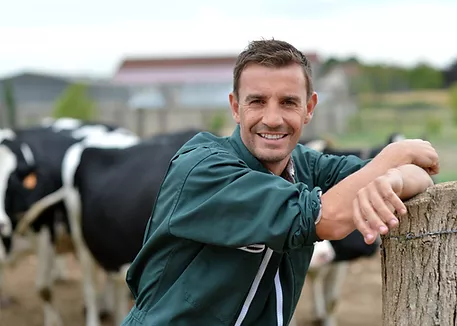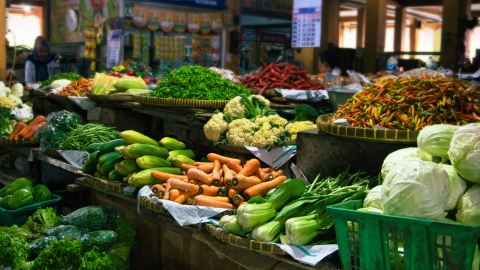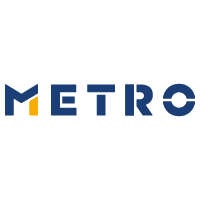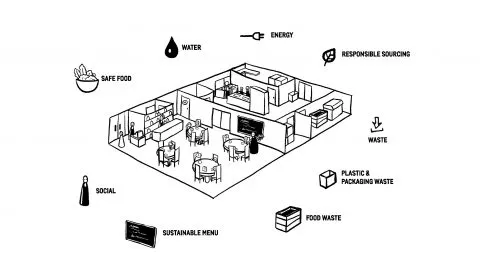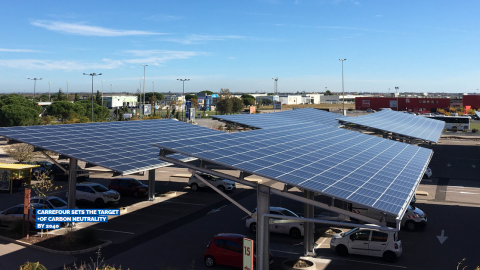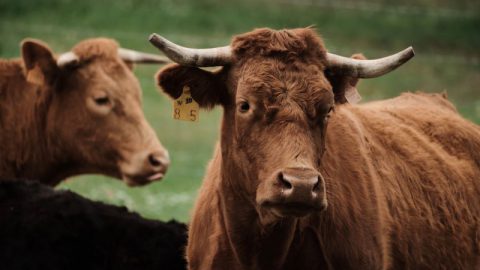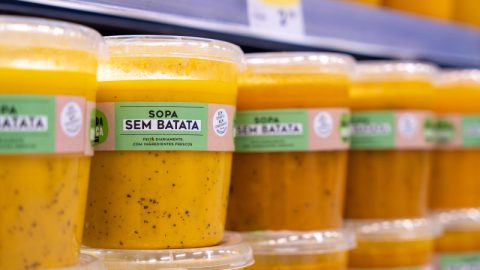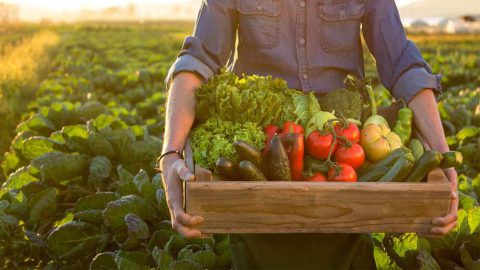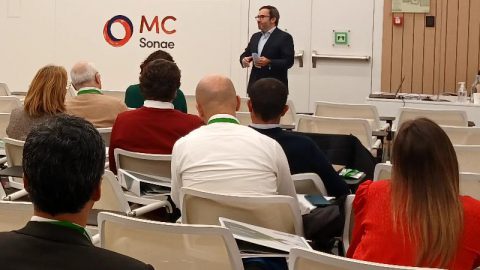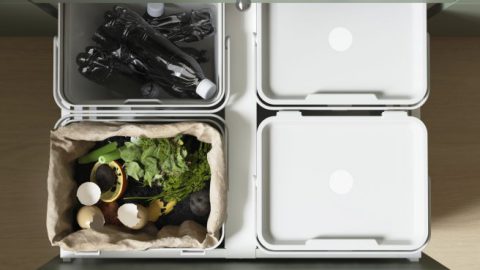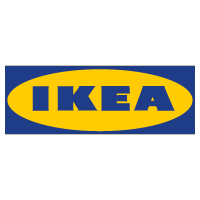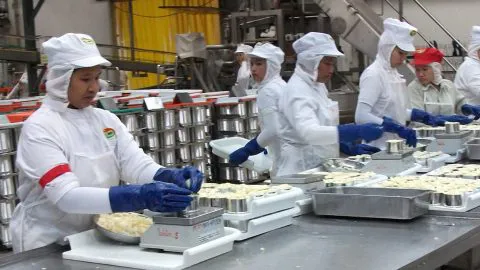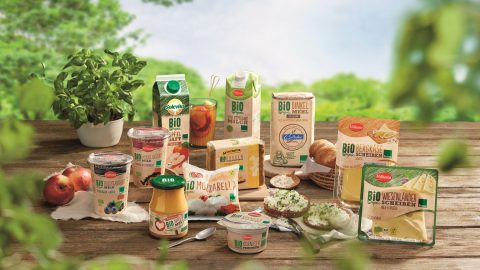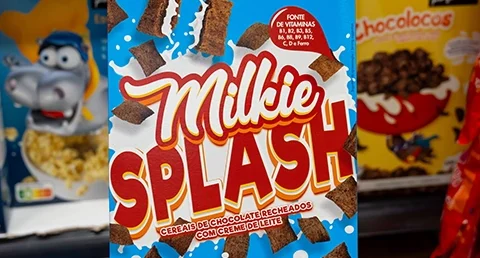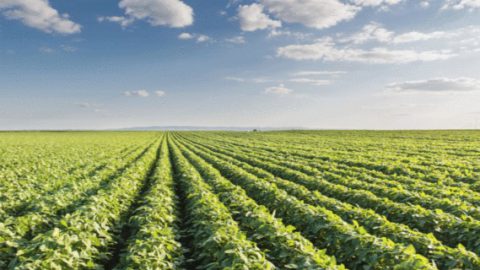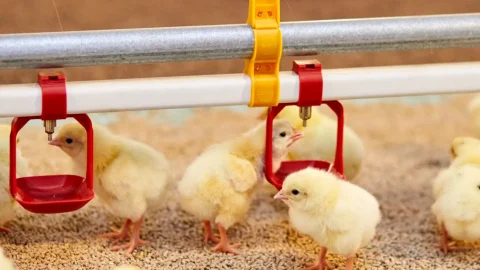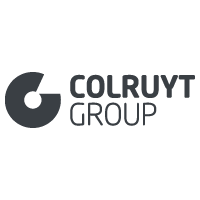Launched in 2022 by makro ČR, the České Pole (Czech Field) initiative supports Czech farmers and promotes traditional local agricultural products across the country’s foodservice and retail sectors. What began with efforts to rebuild cultivation areas and form strategic partnerships has evolved into a nation-wide program that connects growers, academic institutions, government bodies, and chefs—all to restore high-quality Czech ingredients to Czech homes and restaurants.
Today, České Pole involves the stewardship of over 6,000 hectares of agricultural land. The initiative is far from a solo endeavor: in addition to the core partnership with the Czech University of Life Science in Prague (ČZU), other key institutions including the Ministry of Agriculture, agricultural associations, and culinary schools actively contribute. The initiative also collaborates with vocational schools in Poděbrady and Roudnice nad Labem to foster culinary education rooted in sustainable practices.
The Czech University of Life Science in Prague plays a key expert role in the initiative by identifying suitable crops, livestock, and producers. The university emphasizes the importance of high-quality raw materials and contributes its academic expertise to guide the development of the initiative. Its involvement also supports knowledge transfer to future chefs through collaborations with culinary schools, promoting both the sustainability and growth of Czech gastronomy.
The first success story of České Pole came with Czech-grown potatoes for French fries. Czech potatoes now account for 43 % of total fries sales at makro ČR. Since then, the product portfolio has expanded to include traditional crops like Czech garlic, horseradish, two-year caraway, pickling cucumbers, shallots, and sauerkraut.
Looking ahead, the initiative is planning to introduce Czech-grown poppy seeds, plums, and wine. These are complemented by new collaborations, such as the recent partnership with Zátiší Group—a Czech leader in HoReCa segment —who will test and refine recipes using Czech Field ingredients in their flagship restaurants.

